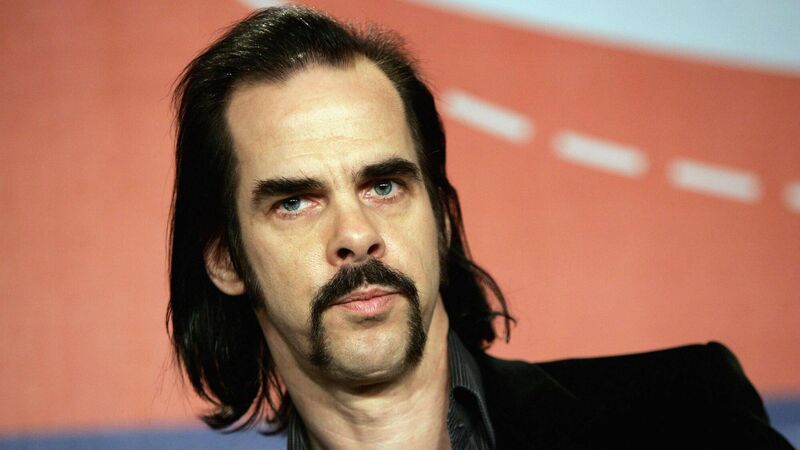Tom Dunne's Music & Me: Nick Cave is the Sinatra of Darkness

Mark Mordue's account of Nick Cave's early years is a must-read for fans of the singer.
Nick Cave's mum, Dawn, once used to field frequent calls from her son’s fans as to the “exact time, for astrological reasons” of his birth. They suspected his arrival on Earth corresponded with strange signs in the sky, portents, omens, meteorites. She denied there was anything unusual.
I don’t believe her. Looking down on his works, non-mortal fingerprints are visible everywhere. I believe Cave was passed to his parents by a couple in white robes with the words: “Look after this child, Earthlings.” I believe the evidence is overwhelming.



